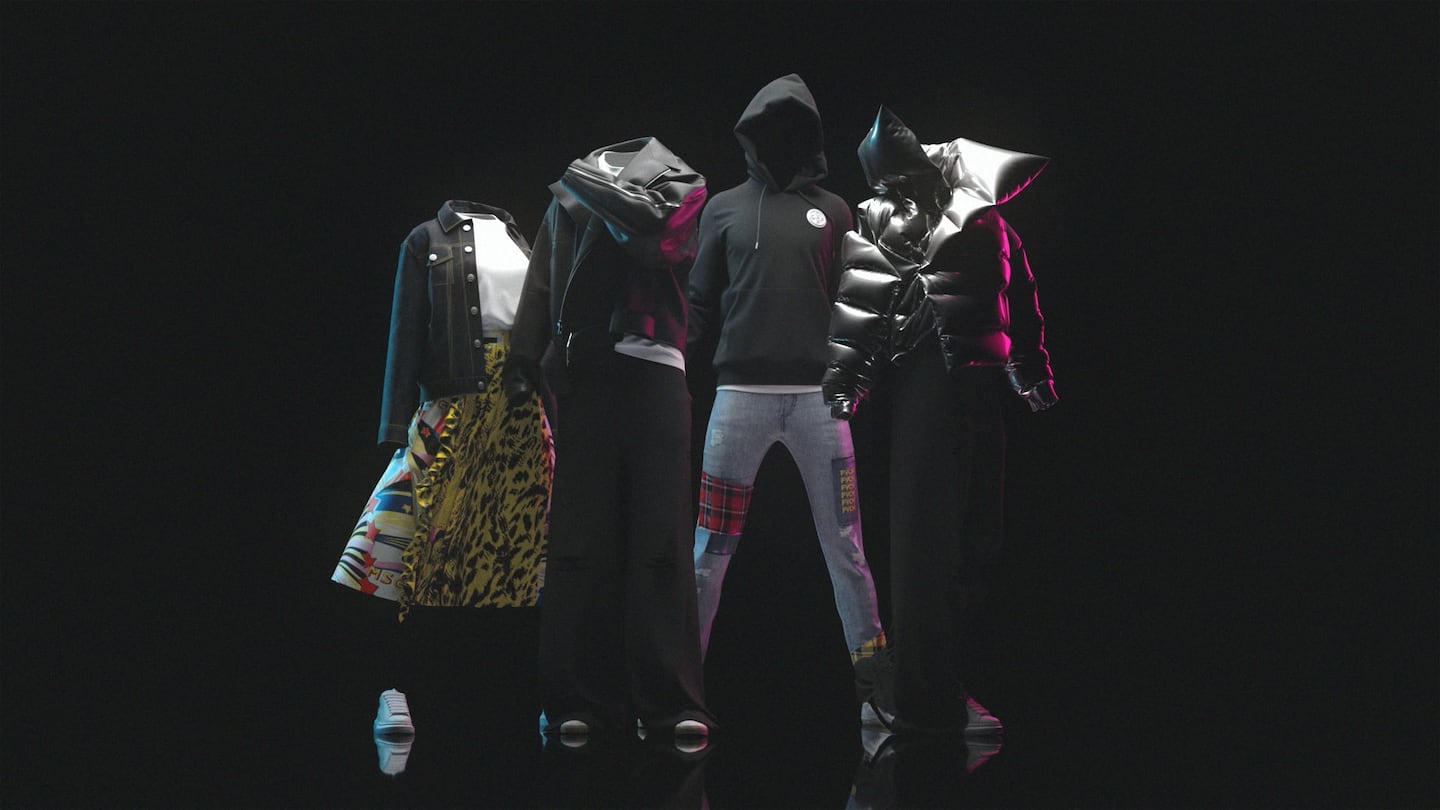
The Business of Fashion
Agenda-setting intelligence, analysis and advice for the global fashion community.

Agenda-setting intelligence, analysis and advice for the global fashion community.

Digital demand for fashion and luxury brands is expected to grow from current low levels and result in extra sales for the industry that could reach $50 billion by 2030, according to Morgan Stanley.
“Revenue streams from digital mediums for luxury brands are negligible... We think this is about to change,” strategists at the US investment bank wrote in a note on Tuesday.
“The Metaverse will likely take many years to develop; however, NFTs and social gaming (e.g., online games and concerts attended by people’s avatars) present two nearer-term opportunities for luxury brands,” it said.
According to Morgan Stanley, NFTs (non-fungible tokens) and social gaming could expand luxury group’s total addressable market by more than 10 percent in eight years time and boost industry earnings before interest and tax by around 25 percent.
ADVERTISEMENT
Noting how one in five Roblox gamers update their avatars daily, it said luxury brands are exploring a number of collaborations with gaming and Metaverse platforms.
It also said Italian brand Dolce & Gabbana’s recent sale of nine NFTs for $5.7 million, albeit small, highlights the virtual and hybrid luxury goods’ huge potential over the coming years.
“We expect the whole sector to benefit from the advent of the Metaverse, but see the soft luxury brands (ready-to-wear, leather goods, shoes, etc.) as particularly well positioned as opposed to hard luxury (jewellery and watches),” it said.
By Danilo Masoni; Editor: Saikat Chatterjee
 Opens in new window
Opens in new windowLearn more:
Dematerialisation: Why the Metaverse Is Fashion’s Next Goldmine
Physical and digital worlds merge in the Metaverse. Can the luxury world dematerialise into the virtual space fast enough to attract eager customers — and their avatars?
Brands are using them for design tasks, in their marketing, on their e-commerce sites and in augmented-reality experiences such as virtual try-on, with more applications still emerging.
Brands including LVMH’s Fred, TAG Heuer and Prada, whose lab-grown diamond supplier Snow speaks for the first time, have all unveiled products with man-made stones as they look to technology for new creative possibilities.
Social networks are being blamed for the worrying decline in young people’s mental health. Brands may not think about the matter much, but they’re part of the content stream that keeps them hooked.
After the bag initially proved popular with Gen-Z consumers, the brand used a mix of hard numbers and qualitative data – including “shopalongs” with young customers – to make the most of its accessory’s viral moment.